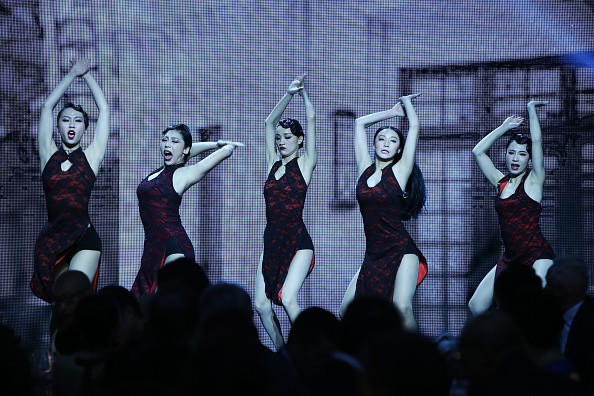During the period when the late Qing dynasty was to be ousted from existence at the advent of the 20th century, Sun Yat-sen sowed the seeds of the Xinhai Revolution back in 1911. The Qing dynasty had a long 300-year rule behind it, yet it's remarkable and sometimes shocking how easily the tables of history can be turned over.
Sun Yat-sen's seeds of revolution came to harvest when the Qing dynasty was thrown out of the stage and the Republic of China was born in 1912. It naturally comes to mind that the effects of this revolution could only resonate in China's political domain. However, this was far from the actual case.
The ripples of change that the revolution had created went far beyond the political sphere of China. These effects were so profound that they were about to have a lasting impact on not only the country's political sphere but also education, meritocracy and even the historic Chinese culture.
As far as culture is concerned, back in the day, two scriptwriters in the Shaanxi province were got so assimilated in the atmosphere of revolution that they decided to educate the public through folk art. Sun Renyu and Lo Tongxuan became the founders of Yisushe, an arts troupe that specialized in Qinqiang Opera, in 1912.
This became the most popular kind of opera in northwest China and still remains widely accepted among the Chinese people. Yisushe, the oldest Chinese opera troupe, still continues to draw in local crowds and tourists through its mesmerizing performances.
Qinqian Opera has been considered as China's ancient form of rock. It's widely popular for its intensive drum beats and a style of singing that incorporates an extremely high-pitched voice.
However, this form of art didn't emerge out of nothing. According to China Daily, it started in the Qin dynasty in 221 B.C. and blossomed in the 18th century under the Qianlong Emperor.
According to China Daily Asia, the China Art Festival which will be held through Oct. 31 in Xian and early November will commemorate the country's one of the largest national arts event.
Held in the home of folk art Xian, the festival will stage its original production titled Yisushe, a remarkable effort to depict the troupe's history and the folklore culture of the distant past.


